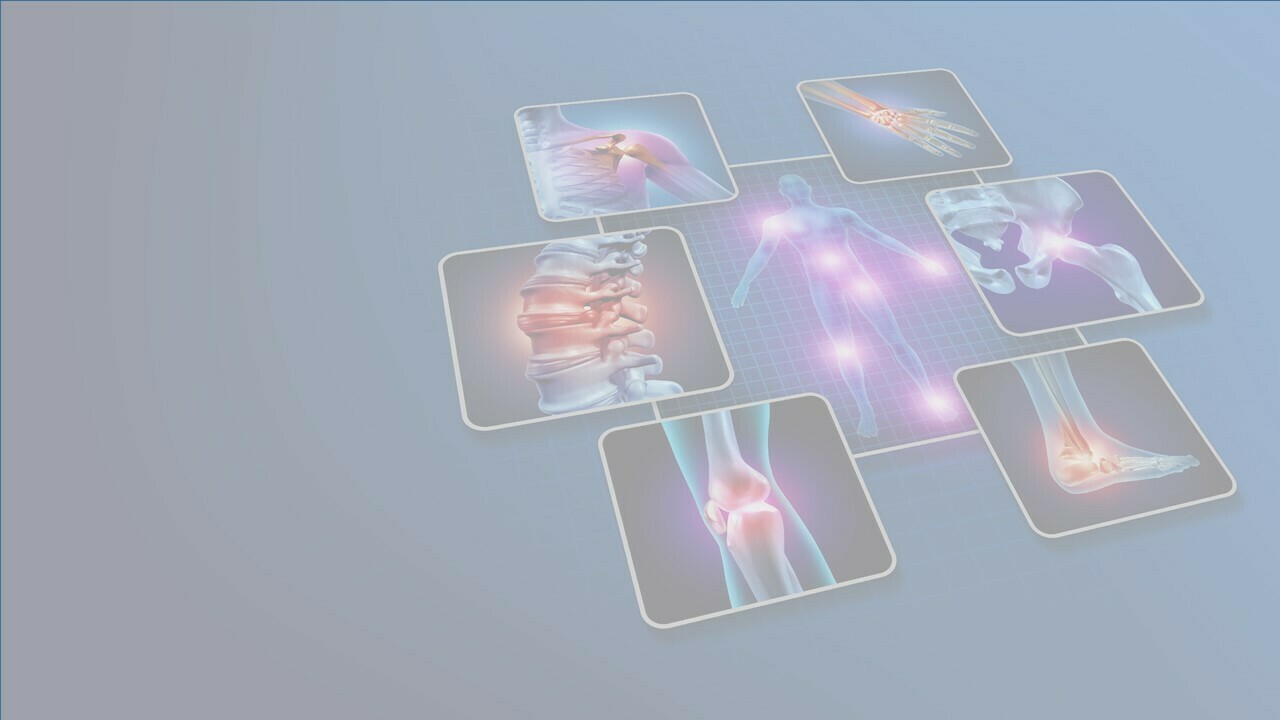
Clinical studies
Please note: the information below relates only to the Orthopaedics Department at Maria Middelares General Hospital site.
Introduction
IntroductionOur organisation has a highly developed Orthopaedics Department whose staff have significant expertise with treating all orthopaedic conditions. We value high-quality, state-of-art methodology, so we are fully committed to innovation and to conducting scientific research.
- Clinical research, of course, always only takes place after thoroughly informing the patient
- Clinical research only takes place with the patient's consent .
- Participation is also always voluntary.
- The quality of care never depends on whether or not you participate in a study.
The importance of clinical studies
The importance of clinical studiesMany people take part in clinical studies every year at our hospital.
Several specialists within the Orthopaedics Department have extensive experience with researching and optimising new and existing treatment techniques.
This often entails collaborations , both inside and outside of the organisation. Clinical research can be initiated either by the researcher or the industry.
Clinical research is crucial not only to advancing our medical knowledge but also to improving our treatment methods. Clinical studies are shaping the medical world of tomorrow.
Design and conduct of a clinical study
Design and conduct of a clinical studyEach study is always submitted to the ethics committee of our hospital. This assembly of experts from diverse backgrounds ensures that each study is conducted safely and that it complies with all the necessary regulations. Most importantly, choosing to participating or not participate in a clinical study should not compromise a patient’s quality of care.
Patients are informed by their attending physician whether they are eligible to participate in a clinical study. After receiving thorough explanations on the purpose and course of the study, patients are asked whether they wish to participate. At any time, patients can change their mind and decide to quit the study.
Depends on the specific study:
- may be asked to complete questionnaires
- (retrospective) research can be carried out on existing data
- new treatment methods can be tested or compared with other methods.
Ongoing clinical studies within the Orthopaedics Department
Ongoing clinical studies within the Orthopaedics Department- Olecranon fractures
Maria Middelares Hospital’s orthopaedics department is participating in a multicentre study concerning the treatment of olecranon fractures. This study, which was set up by Ghent University Hospital, includes St Jan General Hospital in Bruges, Jan Palfijn General Hospital in Ghent, St Lucas General Hospital in Bruges, St Joseph's Clinic in Izegem, St Lucas General Hospital in Ghent, Jan Yperman Hospital, Groeninge General Hospital in Kortrijk, Delta General Hospital in Roeselare and St Maarten General Hospital in Mechelen.
The aim of the study is to compare two treatment techniques for proximal ulna fractures, namely the (classic) Tension Band Wiring and the (newer) Olecranon Tension Plate. Both techniques have their pros and cons, but provide good results regardless of the technique chosen. Among other things, the study will examine the difference in operation time and cost between different procedures. The study will also evaluate outcomes through both clinical examination and questionnaires at regular intervals after surgery.
- Cartilage injury with hallux valgus
The prospective study is ongoing within the orthopaedics department of Maria Middelares General Hospital: The effect on clinical outcomes after treatment of metatarsophalangeal cartilage defects in hallux valgus surgery. The aim of this study is to ascertain the usefulness, or lack thereof, of treating cartilage lesions at the first metatarsophalangeal joint (between a metatarsal bone and the base joint of the big toe). To date, there are no guidelines on this. Cartilage injury treatment is already standard for ankle and knee surgeons, though, and it delivers good outcomes. A total of approximately 100 participants will participate in this study.
During corrective surgery for hallux valgus, the severity of the cartilage injury at the metatarsophalangeal joint of the big toe will be considered. Depending on the severity, an envelope system will be used to determine whether or not to treat the cartilage lesion. The effect of providing or refraining from treatment will be analysed through the use of PROM questionnaires.
Something wrong or unclear on this page? Report it.



